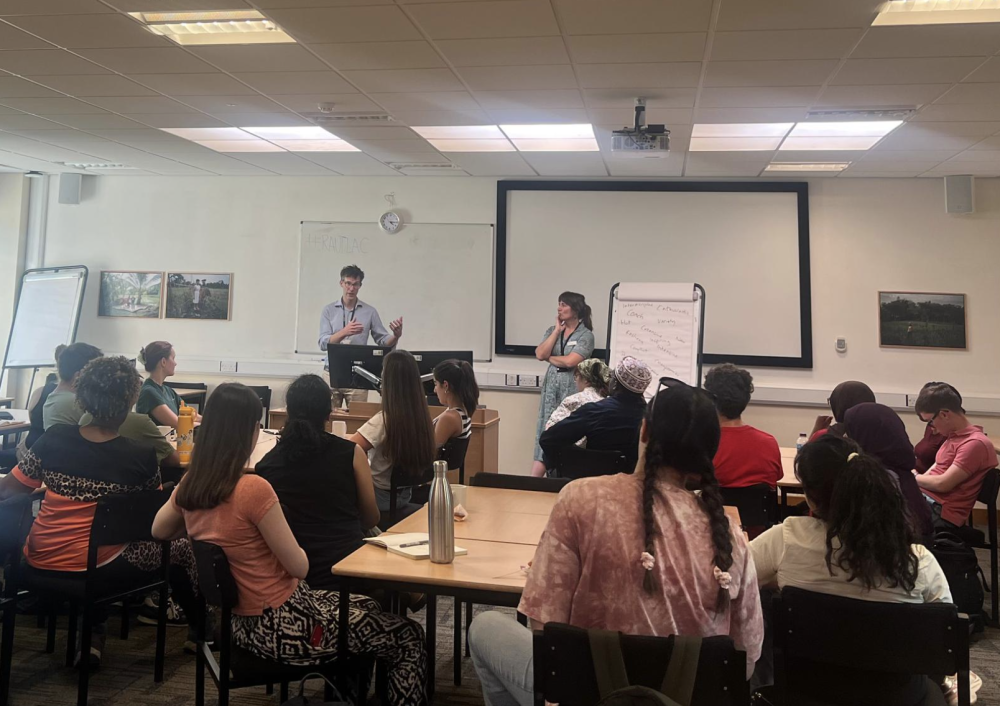Dissertation writing plays an important role in one’s academic career. It contributes to a student’s final grades. One may not be able to pass out university without submitting a high-quality dissertation paper.
Students need to work hard to create an informative dissertation. They have to spend more time on it because their final grades depend on the quality of content. Most students take this practice easy, and they end up with low grades. Through a dissertation paper, students show their skills and capacity to do work. Final year research project helps students to identify their area of interest, and they get an idea of their exploring and researching skills.
Apart from exploring or identifying an area of interest and skills, one’s final year grades also depend on the quality of his/her written paper. Some students give proper time to their studies because they don’t have other responsibilities while some have their jobs, and they failed to create marks gaining and worth reading paper.
Most students don’t like dissertation writing because it consumes a lot more time. It requires to conduct thorough research and a lot more reading. Writing a final year project is far more different than writing simple custom assignments or essays. While creating a research paper students need to consider many factors that they most of the time overlook.
Here you can read complete steps you should follow while creating a dissertation paper.
1.Identify Your Area of Interest
The first thing a dissertation require is to identify your area of interest. Most people take dissertation writing light, and they end up with an average or poorly written paper. Without identifying your area of interest, you are less likely to produce a quality dissertation. So make sure you know which subject you like more and whether you’ve command on it or not.
2.Choosing a Supervisor
In large part, choosing a supervisor is as important as selecting a topic. Your advisor not only an expert in his/her field, but you should have a good academic relationship. Your advisor not only helps you to re-frame elements of your topic and help you in research, but it also keeps you on track through dissertation phases from selecting a topic to defending your paper.
3.Proposal Writing
Once your topic has been approved by your supervisor, the next step is writing a proposal. When you come to write it, keep yourself clear for one thing that your proposal should delineate the purpose of writing and as well as an outline of how you conduct research.
4.Make an Outline
Whenever you come to research writing, creating an outline is a lifesaver. It will allow you to focus on the main points. Almost every dissertation follow the same structure.
Introduction of the dissertation should clarify the purpose of the research. It introduces the reader with the context of the issue that you’re arising.
Literature Review is overwhelming; it requires more than 70 sources to justify your points. A critical analysis is the main part of the paper to clear your readers with strong arguments.
The methodology is the third main part of your dissertation in which you decide whether you’re using quantitative or qualitative method for finding the answer to your dissertation seeking.
The conclusion is the last opportunity to fill the gaps in your study. This part allows you to summarise your whole discussion. Concluding portion includes what effects and ideas may come from your study and what type of benefit your study can provide the field.








